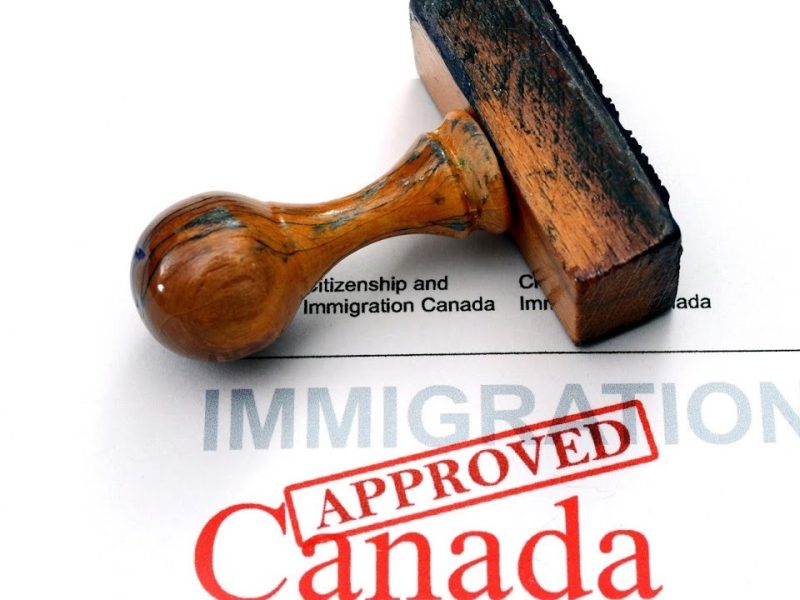When “Fake Marriage” Is Alleged—What It Really Means
Imagine this: You’re divorced, feeling lonely, and through a friend you meet someone special overseas. You marry and apply to sponsor your spouse to come to Canada. But Immigration, Refugees and Citizenship Canada (IRCC) refuses, saying your marriage is just for immigration—what they call a “marriage of convenience.”
This doesn’t mean your marriage isn’t legal. It means IRCC believes your relationship isn’t genuine—just a way to immigrate. Don’t lose hope: You can appeal and still reunite with your spouse.
What Happens After Sponsorship Refusal?
If IRCC refuses your sponsorship, you have 30 days to file an appeal to the Immigration Appeal Division (IAD). Don’t delay! Appeals can be complex, and legal advice is highly recommended—especially if English isn’t your first language or you’re worried about the process.
At your appeal, both you and your spouse will usually testify (often by video), with interpreters if needed.
How to Prepare for a Spousal Sponsorship Appeal
1. Proving Your Relationship Is Genuine
The burden is on you to show your marriage is real, not just for immigration. In law, there’s a lot of “gray area.” The test:
- Is your relationship authentic?
- Did you and your spouse intend to live together as a couple in Canada—not just to get PR status?
2. Timelines and Process
- IRCC will give you copies of all their records, including interview notes.
- The hearing is usually held about eight months after you file your appeal.
Key Questions You’ll Need to Answer
Be prepared for detailed questions such as:
- How did you meet?
- How did your relationship develop?
- How long have you known each other?
- Do your friends and family know about your relationship?
- Was your marriage arranged or self-chosen? If arranged, how is your compatibility as a couple?
- Do you provide each other financial support?
- Has your spouse previously applied for Canadian immigration?
- What are your future plans as a couple?
- Do you have or plan to have children together?
- How often do you visit each other?
- If you are in a common-law relationship, how did it start, and how do you live together?
- If you cannot live together now, how do you maintain your relationship over distance?
What Evidence Should You Prepare?
You must provide the IAD and IRCC copies of all evidence at least 20 days before your hearing. Include:
- Communication records: Letters, emails, chat logs, phone bills, social media messages
- Photos/videos: Of you as a couple, with friends and family, at weddings and gatherings
- Financial support records: Money transfers, shared accounts, joint purchases
- Travel evidence: Plane tickets, boarding passes, passport stamps from visits
- Third-party statements: Letters from friends, colleagues, family, or wedding witnesses who can confirm your relationship is real
- Translation: All documents must be translated into English
The Key to Success: Consistency
Both partners must testify, but usually can’t listen to each other’s evidence. Consistent answers are crucial.
- If your stories don’t match—even small details—your appeal may fail.
- Inconsistencies can happen because of language, memory, or nerves. Practice together and with your lawyer beforehand.
Common Reasons Sponsorship Appeals Fail
- Not enough evidence of communication or visits
- No third-party witnesses
- Financial support isn’t clearly shown
- Contradictory testimony or “mixed-up” timelines
- No clear explanation for why you married or why you want to be together
- Lack of emotion or genuine knowledge of each other
Professional Tips for a Strong Appeal
1. Prepare complete evidence:
Gather everything—photos, chat logs, receipts, letters, and build a timeline.
2. Practice your testimony:
Rehearse likely questions. Make sure your answers match and are clear.
3. Show real emotion and future plans:
Tell your story honestly, and talk about your shared dreams for life together in Canada.
4. Get professional help:
An experienced immigration lawyer can help you organize evidence, prepare your story, and simulate a real hearing.
Real-World Success Story
I once helped a couple in their second marriage, living mostly apart, who only met a few times in person. Their story was moving, and in the hearing, they told it like a scene from Sleepless in Seattle. The judge and IRCC officer were so moved, the appeal was allowed on the spot—even before the testimony was finished.
Increasing Your Chance of Success
- Prepare evidence early and thoroughly
- Make sure all facts and timelines are clear and match
- Get both partners ready to answer honestly and consistently
- Use a professional lawyer for advice and advocacy
Contact George Lee Law for Spousal Sponsorship Appeals
If your sponsorship is refused, don’t give up. We help couples build strong cases and reunite in Canada.
Languages: English, Mandarin Chinese, Cantonese
Phone: 604-681-1611
Email: info@gleelaw.com
Website: gleelaw.com
This article provides general guidance for spousal sponsorship appeals. For legal advice about your case, speak with a qualified Canadian immigration lawyer right away.

